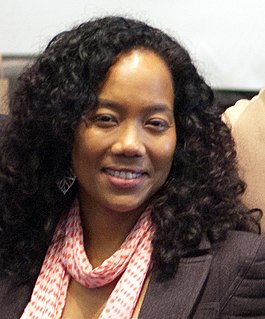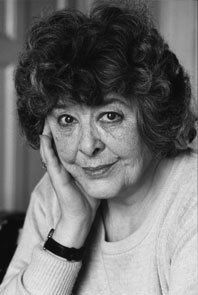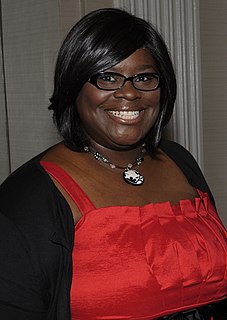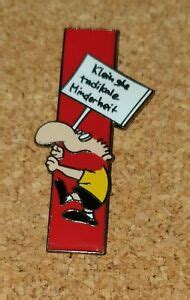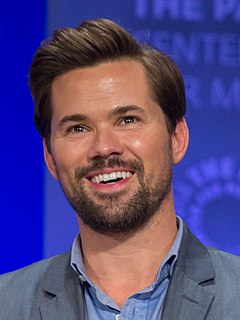A Quote by Jonathan Galassi
I think that a really good agent should be able to get the right publisher, which the agent has already figured out, get as much money as she can from that publisher, and make a deal, rather than have the amount of money determine the sale. That's what the best agents do.
Related Quotes
After a while the business end of writing takes too much of the writing time. Better to pay someone ten percent and find that you're still more than ten percent ahead in the end. Which is true. My present agent says that he always feels that a good agent during the course of a year should earn back for his client at least the ten percent he takes by way of commission, so the client's really nothing out. And what he should ideally do is make him more money than the ten percent.
If you want to be traditionally published, then you most likely want to get a literary agent. To sign with an agent, you need to send them a query letter, but agents can get up to 20,000 query letters a year. With numbers like that, it helps to get in front of agents with every opportunity you have.
The syndicates take the strip and sell it to newspapers and split the income with the cartoonists. Syndicates are essentially agents. Now, can you imagine a novelist giving his literary agent the ownership of his characters and all reprint, television, and movie rights before the agent takes the manuscript to a publisher? Obviously, an author would have to be a raving lunatic to agree to such a deal, but virtually every cartoonist does exactly that when a syndicate demands ownership before agreeing to sell the strip to newspapers.
In my profession it isn’t a question of telling good literature from bad. Really good literature is seldom appreciated in its own day. The best authors die poor, the bad ones make money — it’s always been like that. What do I, an agent, get out of a literary genius who won’t be discovered for another hundred years? I’ll be dead myself then. Successful incompetents are what I need.
As soon as I finished 'The Finkler Question,' I was in despair. I'd changed my English publisher because they'd been lukewarm about it and not offered enough money. The American publisher didn't like it. The Canadian publisher didn't like it... I'd been bleeding readers since my first novel, and I could see my own career going down.
My agent came to me with a deal from another publisher and I signed a deal and got the advance with no idea of what I was going to do. I probably procrastinated for almost a year, but we had meetings and I was basically going to spoof "Take Ivy," but then it kind of turned into something else. I wanted it to be a book of all the things that made me who I am, like Brooks Brothers, Hot Wheels, "The Andy Griffith Show" and G.I. Joes. I couldn't sit still and do it, so my agent had to come to my house and force me to do it.




